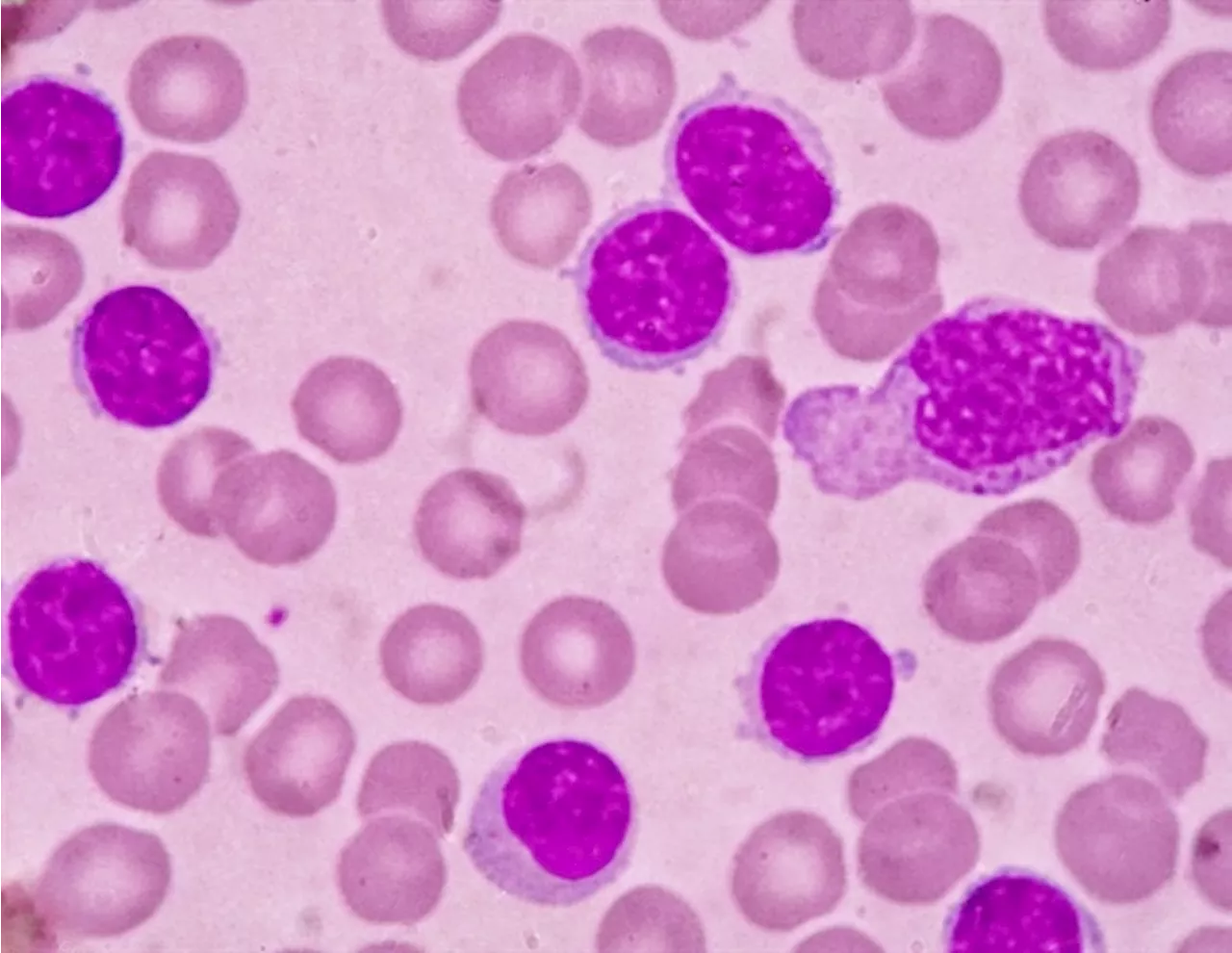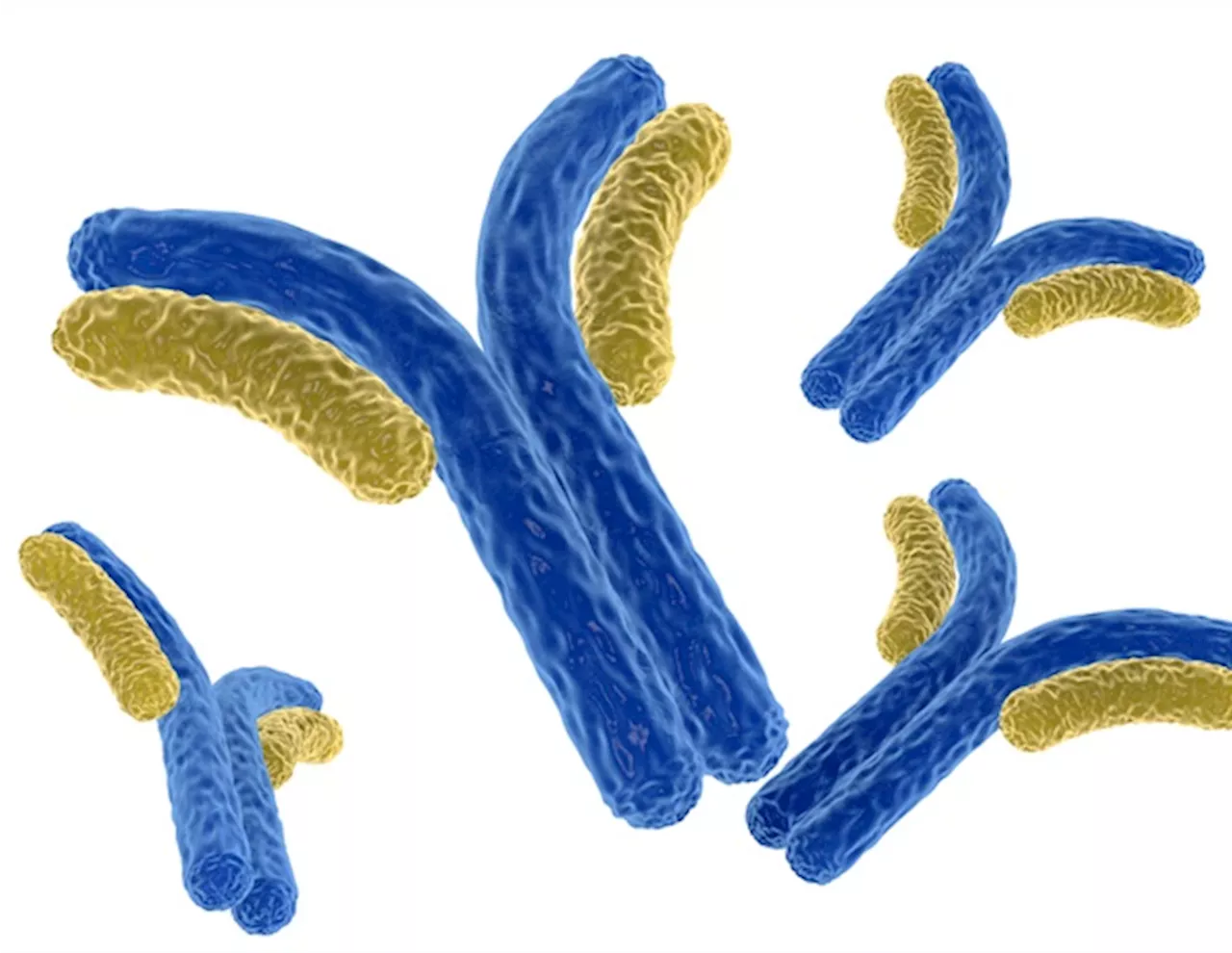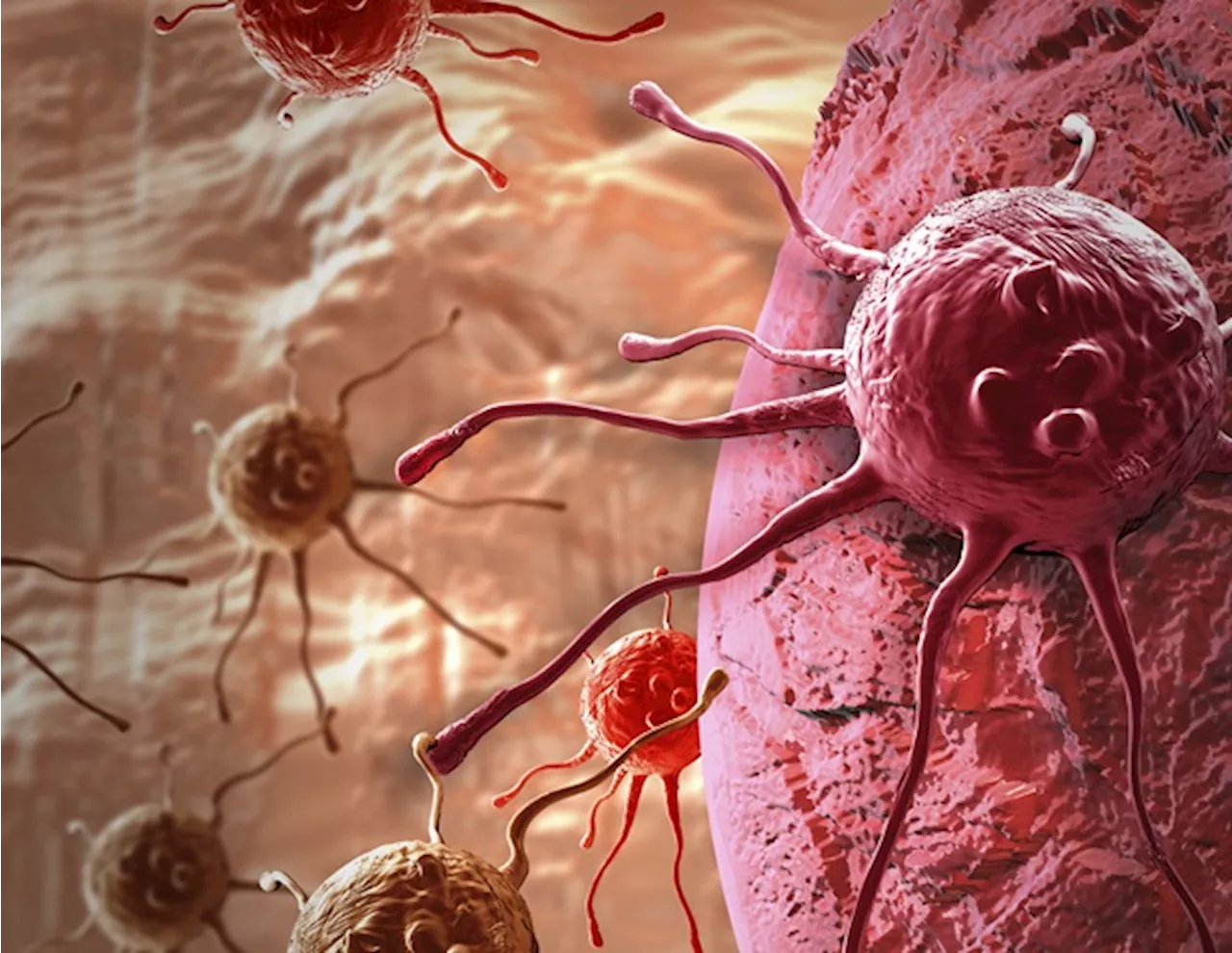A new study from the University of Cincinnati Cancer Center has identified a specific microRNA as a potential target for overcoming treatment resistance in breast cancer.
A new University of Cincinnati Cancer Center study has identified a particular strand of microRNA as a promising new target for overcoming breast cancer treatment resistance and improving outcomes. The research was recently published in the journal Cancers. Study background The Cancer Center's Xiaoting Zhang, PhD, said antiestrogen therapy is used for about 75% of breast cancer s, but relapse and treatment resistance occur in about half of these patients at some point.
Zhang and his colleagues previously identified a protein called MED1 that is produced in much higher levels in 40% to 60% of breast cancers. MED1 plays key roles in mediating treatment resistance with estrogen receptors (ERs) and the protein HER2, but researchers did not know how it was produced at such a high level to cause treatment resistance. 'With this research, we mainly tried to understand why MED1 is expressing so high in these treatment-resistant breast cancers,' said Zhang, professor and John and Gladys Strauss Endowed Chair in the Department of Cancer Biology in UC's College of Medicine. The researchers focused on microRNA, small strands of noncoding genetic material within cells that regulate the expression of different genes. The discovery of microRNA has been awarded the Nobel Prize in Physiology or Medicine in 2024. 'These noncoding RNAs, including microRNAs, are the future,' Zhang said. 'Noncoding regions occupy approximately 90% of the human genome - and people used to think they are all junk - but now people realize that these noncoding RNAs transcribed actually play crucial roles such as regulating proteins' expression and function.' Study findings The team found that a strand of microRNA called miR-205 has a sequence that can regulate the production of MED1. They further analyzed the human breast cancer database to confirms an inverse correlation between miR-205 and MED1 levels. 'So if MED1 is high, miR-205 is actually lo
BREAST CANCER TREATMENT RESISTANCE MICRORNA MED1 GENETICS
United Kingdom Latest News, United Kingdom Headlines
Similar News:You can also read news stories similar to this one that we have collected from other news sources.
 Psilocybin Shows Promise for Treating Mental Health in Cancer PatientsA new study suggests that psilocybin, a compound found in psychedelic mushrooms, may significantly improve the mental health of cancer patients when combined with psychotherapy.
Psilocybin Shows Promise for Treating Mental Health in Cancer PatientsA new study suggests that psilocybin, a compound found in psychedelic mushrooms, may significantly improve the mental health of cancer patients when combined with psychotherapy.
Read more »
 New Study Shows Promise for Treating Cognitive Difficulties in Down SyndromeA new study called ICOD (Improving Condition in Down syndrome) has shown that the molecule AEF0217, developed by Aelis Farma, is safe and effective in improving cognitive function in people with Down syndrome.
New Study Shows Promise for Treating Cognitive Difficulties in Down SyndromeA new study called ICOD (Improving Condition in Down syndrome) has shown that the molecule AEF0217, developed by Aelis Farma, is safe and effective in improving cognitive function in people with Down syndrome.
Read more »
 Novel drug combination shows promise for CLL treatmentA novel, fixed-duration drug combination -; consisting of a second-generation BTK inhibitor, called acalabrutinib, plus a BCL-2 inhibitor (venetoclax), with or without a third blood cancer drug -; shows deep and durable responses in patients with chronic lymphocytic leukemia (CLL), Dana-Farber Cancer Institute investigator Jennifer Brown, MD, PhD,...
Novel drug combination shows promise for CLL treatmentA novel, fixed-duration drug combination -; consisting of a second-generation BTK inhibitor, called acalabrutinib, plus a BCL-2 inhibitor (venetoclax), with or without a third blood cancer drug -; shows deep and durable responses in patients with chronic lymphocytic leukemia (CLL), Dana-Farber Cancer Institute investigator Jennifer Brown, MD, PhD,...
Read more »
 First-in-class monoclonal antibody shows promise for rare, aggressive hyperinflammatory conditionAdult patients with newly diagnosed malignancy-associated hemophagocytic lymphohistiocytosis (mHLH) – a rare, aggressive hyperinflammatory condition – who were treated with the first-in-class monoclonal antibody, ELA026, experienced a 100% response rate and an improved survival rate at two months, according to researchers from The University of...
First-in-class monoclonal antibody shows promise for rare, aggressive hyperinflammatory conditionAdult patients with newly diagnosed malignancy-associated hemophagocytic lymphohistiocytosis (mHLH) – a rare, aggressive hyperinflammatory condition – who were treated with the first-in-class monoclonal antibody, ELA026, experienced a 100% response rate and an improved survival rate at two months, according to researchers from The University of...
Read more »
 Quitline coaching shows promise for vaping cessation among young adultsQuitline coaching over the phone helped almost half of young people who vape ditch the habit, potentially improving their health and decreasing the chances they'll transition to cigarettes, according to a new study.
Quitline coaching shows promise for vaping cessation among young adultsQuitline coaching over the phone helped almost half of young people who vape ditch the habit, potentially improving their health and decreasing the chances they'll transition to cigarettes, according to a new study.
Read more »
 Daratumumab treatment shows promise for high-risk smoldering multiple myeloma in phase 3 trialA new treatment is showing promise for people with high-risk smoldering multiple myeloma (SMM).
Daratumumab treatment shows promise for high-risk smoldering multiple myeloma in phase 3 trialA new treatment is showing promise for people with high-risk smoldering multiple myeloma (SMM).
Read more »
